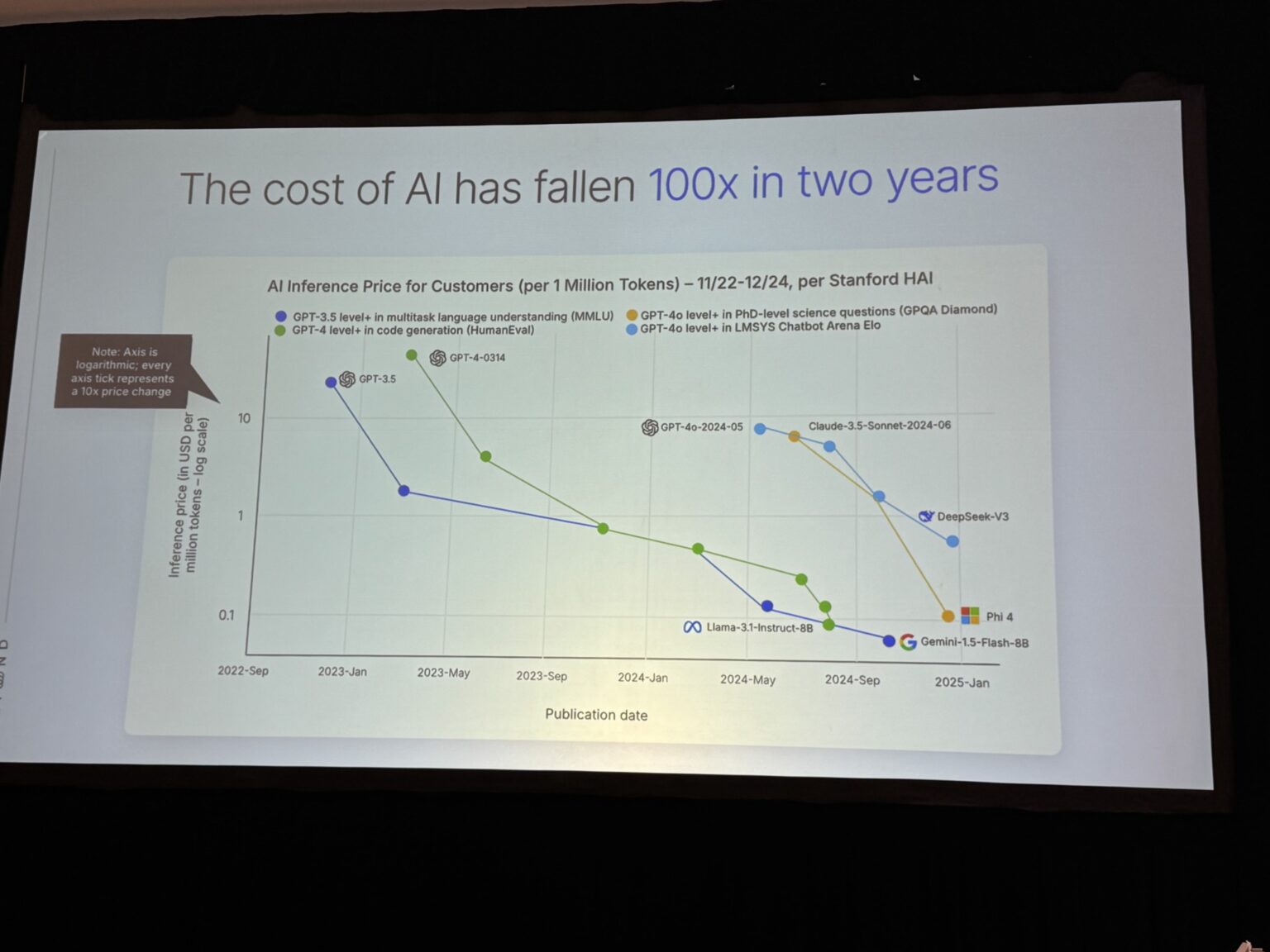Introduction to AI in Fleet Operations
The integration of artificial intelligence (AI) within fleet operations is now more crucial than ever. This technological shift is not just about enhancing efficiency; it’s about paving the way for smarter decision-making and significant cost reductions. With many companies already witnessing notable productivity gains, the time to leverage AI in logistics is now.
The AI Revolution in Logistics
Leaders from technology firms have emphasized that fleets should initiate AI applications with simple but high-impact use cases to enrich their workforce rather than replace it. Toki Sherbakov, the head of solutions architecture at OpenAI, shared insights during a recent conference, indicating that AI should be viewed as an “Iron Man suit” for employees. This analogy encapsulates the idea of AI as a powerful tool that enhances human capabilities, enabling teams to work smarter.
Start Small, Grow Smart
There’s no need to leap into complex AI solutions right off the bat. The recommendation is to begin with straightforward implementations that can bring immediate benefits. Adopting a step-by-step approach fosters a culture of learning within teams, promoting AI literacy among staff members. In doing so, employees not only become comfortable with AI but also get accustomed to utilizing these tools daily, which is vital for scaling to more sophisticated applications later on.
Lessons from the Industry
Examples of successful AI integration abound across various sectors. Companies like John Deere have harnessed AI technology to drastically reduce resource waste. They’ve developed vision systems that optimize crop treatment efficiency, showcasing AI’s transformative potential beyond logistics. Moreover, John’s AI-powered maintenance assistant interacts with users, delivering personalized recommendations and troubleshooting advice related to their specific equipment.
Enhancing Customer Experiences
On the retail side, Lowe’s has effectively utilized AI to enrich customer service through its digital assistant, Mylow. This tool guides shoppers through the buying process by offering tailored product recommendations, demonstrating how the principles of AI can apply directly to enhancing user experiences, even in logistics and fleet management contexts.
AI Tools for Operational Excellence
In the realm of fleet management, tools like Samsara’s AI assistant illustrate practical applications of AI in increasing productivity. The platform grants quick access to essential company knowledge, resulting in about a 20% productivity increase among sales representatives. Such improvements reflect the importance of high-quality documentation as a foundation for effective AI outputs.
Enabling Internal Behaviors
Furthermore, the use of AI to automate routine tasks—like transcribing meetings and managing bookkeeping—enables employees to focus on more strategic efforts. Samsara’s AI solutions boost internal workflows while allowing both technical and non-technical staff to contribute effectively.
Encouraging AI Adoption
Promoting a culture of technology adoption includes creating networks of champions, hosting collaborative hackathons, and organizing learning events to share successful strategies. These efforts can positively influence the company culture, encouraging individuals to support each other’s growth. Welbourne from Samsara noted the positivity that stems from colleagues sharing their achievements.
Combining Traditional and Generative AI Solutions
It’s critical to recognize that AI isn’t a magic bullet; it requires well-thought-out strategies. Many companies assume generative AI alone can replace more traditional models. However, effective logistics operations often rely on the two working in harmony. Sherbakov asserted that combining AI models can yield successful outcomes without necessitating companies to build their systems from scratch.
Data Retrieval and Model Efficiency
Companies can now leverage existing generative models to retrieve accurate information and inform their operations, making it feasible to deliver better results without incurring high development costs. Creating efficient workflows that tap into these resources exemplifies how AI can be pragmatically utilized within logistics.
The Way Forward: Embracing Change
AI is blazing trails across sectors, offering logistics companies a substantial edge in the competitive landscape. As more fleets incorporate these technologies, staying ahead by relying on real-time data and AI insights becomes paramount. This is a game-changer in an industry demanding swift, informed decisions.
Заключение
In conclusion, adopting AI systems has become critical to enhancing fleet efficiency and overall operational productivity. The diverse applications from various sectors illustrate the vast potential AI holds for transforming logistics and fleet management practices. Leveraging platforms like GetTransport.com can simplify the integration of these advancements, providing affordable, reliable solutions for diverse transportation needs. Discover how GetTransport.com meets your logistics requirements, ensuring convenience and cost-effectiveness every step of the way.
Putting your faith in AI-backed logistics will no doubt elevate your operations. Remember, the best insights come from hands-on experience, but the exciting landscape of AI also offers you strategic advantages without breaking the bank. Check out GetTransport.com to book your cargo transportation today!

 Как внедрение искусственного интеллекта изменит эффективность автопарка в логистике">
Как внедрение искусственного интеллекта изменит эффективность автопарка в логистике">